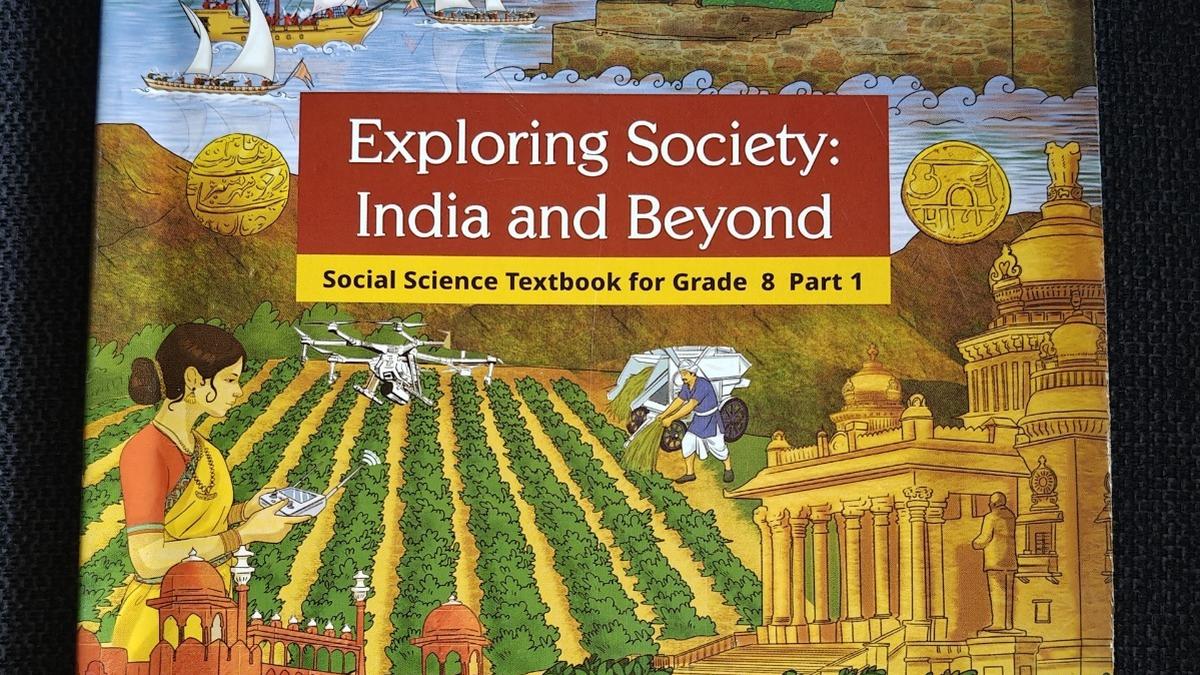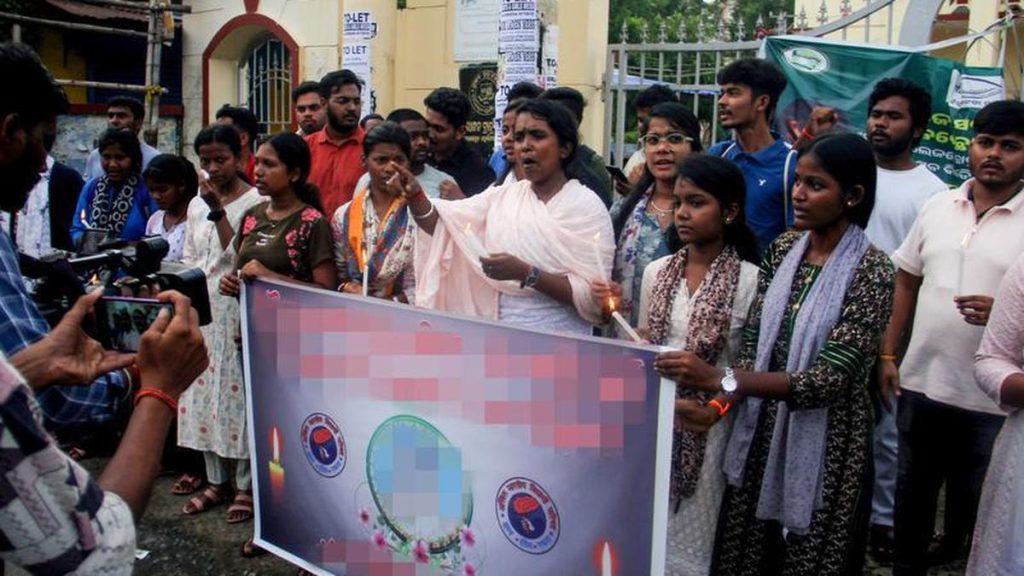Now Reading: Raziyya Sultan, Nur Jehan Excluded from Revised Class 8 NCERT History Textbook
-
01
Raziyya Sultan, Nur Jehan Excluded from Revised Class 8 NCERT History Textbook
Raziyya Sultan, Nur Jehan Excluded from Revised Class 8 NCERT History Textbook

Quick Summary
- Raziyya Sultan and Nur Jehan, influential women rulers of Indian history, have been omitted from the new Class 8 NCERT social science textbook starting the academic year 2025-26.
- Previously taught in Class 7 textbooks, chapters on the Delhi Sultanate and Mughals are now part of Class 8 but exclude references to these women icons. Raziyya was earlier noted as a skilled ruler who acknowledged her identity as a daughter of Iltutmish, while Nur Jehan was recognized for her political influence during Jahangir’s reign.
- additions include mentions of Rani Durgavati against akbar’s advances and Maratha queens Tarabai and Ahilyabai Holkar for thier roles in military resistance and expansion efforts. Begum Hazrat Mahal is highlighted in another chapter for her role during the 1857 uprising.
- Major portions on Tipu Sultan and Haidar Ali have been removed from chapters covering Colonial Era struggles; sections on Anglo-Mysore wars are excluded entirely.
- A newly added chapter focuses extensively on Marathas’ rise to power (17th-18th centuries), their resistance against Mughal rule, territorial expansion under Shivaji, and eventual defeat by British forces due to internal disunity.
- The syllabus changes align with NEP 2020’s educational philosophy aimed at reducing content load while restructuring past analysis frameworks for younger students.
Images:
!80/ncert%20class%208%20social%20science%20textbook.jpg”>Image2
!Image3
Indian Opinion Analysis
The revisions to NCERT history textbooks represent significant shifts in framing india’s past under the guidelines of NEP 2020. While reductions aim to streamline content delivery for young learners, there is an evident trade-off with omissions that previously underscored individual contributions of prominent female leaders like Raziyya Sultan or Nur Jehan-a move likely raising questions regarding inclusivity within historical narratives.
Additions such as the expanded focus on Marathas acknowledge broader regional impacts but skirt controversies tied to colonial-era figures like Tipu Sultan despite his notable anti-imperialist stance-a decision leaving room for debate about balanced portrayal versus narrative brevity motivated by syllabus constraints.
Ultimately, these changes underscore India’s evolving approach toward crafting pedagogies centered not just around historical recounts but thematic relevance across pivotal timelines. Meaningful assessments should wait until concrete learner outcomes emerge from these adjusted materials over time.read more
























